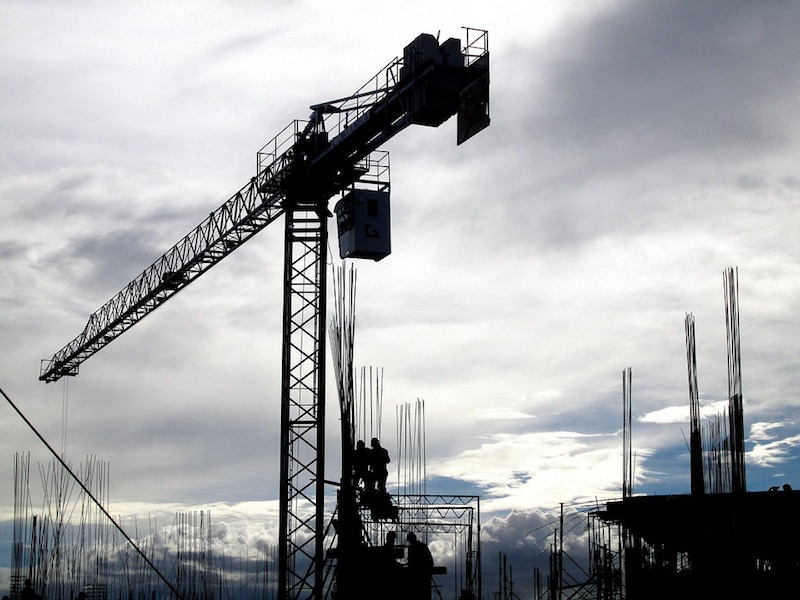A group of construction trade organizers and unions filed suit in Manhattan Supreme Court recently over the city’s Dept. of Buildings newly enforced rule banning cranes from operating when winds exceed 30 miles per hour.
The plaintiffs say the rule is unnecessarily hurting businesses. The filing states that the city cannot point to any engineering or scientific study that proves the operation of crawler cranes becomes unsafe when winds surpass 30 miles per hour.
The suit says the city rule actually dates back to 1968, but that it has rarely been enforced. The city began enforcing the rule after a crawler crane collapsed in the Tribeca neighborhood this past February.
That collapse, which occurred during 40 mph winds, killed a 38-year-old pedestrian. The city plans to fight to retain the rule.
Related Stories
Codes and Standards | Sep 22, 2021
Group proposes Carbon Use Intensity metric for new buildings
Plan would track embedded carbon on projects.
Codes and Standards | Sep 22, 2021
Illinois’s sweeping climate bill includes statewide stretch code, building electrification measures
Aims for zero-emissions power sector by 2045.
Codes and Standards | Sep 22, 2021
Cities need to step up flood mitigation efforts to save lives
Recent storms highlight climate change dangers.
Codes and Standards | Sep 21, 2021
Steps to improve ventilation for Covid can combat colds and flu
New look at airborne disease spread shows time viruses linger in air may have been underestimated.
Codes and Standards | Sep 15, 2021
USGBC will change leaders, conduct strategic review
Aims to ensure organization is ‘well positioned to scale its work in the post-pandemic world’.
Codes and Standards | Sep 15, 2021
LEED-certified offices earn higher rents than non-sustainable properties
Are also more resilient to dips in real estate market.
Codes and Standards | Sep 7, 2021
Boston turns to developer fees to fund flood protection infrastructure
Assessments on commercial properties will help build seawall and other protective measures.
Codes and Standards | Sep 3, 2021
Low-cost methods can have substantial impact on reducing embodied carbon
Whole-building design, material substitution, and specification strategies can slash carbon by up to 46%.
Codes and Standards | Sep 2, 2021
Case for power resiliency in buildings grows with more disaster and outages
Essential businesses like data centers, hospitals are first adopters of new storage systems.
Codes and Standards | Aug 31, 2021
UK industry group wants mandatory whole-life carbon assessments of buildings
Aims to address hidden emissions embedded in supply chains.

















